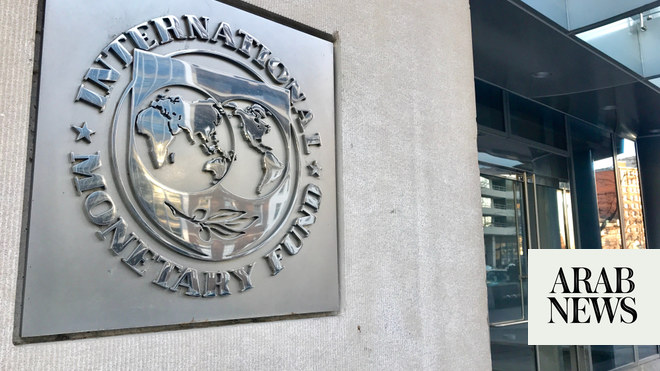
ANKARA: Turkey posted surprisingly strong economic growth last year, official statistics showed Thursday, confirming the country’s status as one of the world’s fasted growing economies.
GDP growth came in at 7.4 percent in 2017 from the previous year, but even the strong figure did little to prop up the Turkish lira which has suffered from political concerns as well as worrying inflation and current account figures in recent months.
Thursday’s growth figure came in above the market consensus of 7.25 percent, but fell just short of a forecast by President Recep Tayyip Erdogan who said in December he expected the economy to grow by 7.5 percent in 2017.
Growth was 3.2 percent in 2016 when a series of terror attacks and a July coup bid aimed at unseating Erdogan negatively affected the economy which only returned to strength last year.
In the fourth quarter alone the economy grew by 7.3 percent year-on-year, after a revised 11.3 percent increase in the third quarter.
Data from the Turkish Statistics Institute (TUIK) showed that growth was driven by the industrial, services and construction sectors.
Turkish Economy Minister Nihat Zeybekci welcomed the “spectacular achievement” in a statement, saying that it meant Turkey now ranked first among the G20 economies.
One of Erdogan’s senior advisers Hatice Karahan said on Twitter that “sound government policies supported this success along with an improvement in confidence,” adding the focus would now be on reforms.
Meanwhile, London-based emerging markets economist Timothy Ash said in a note that the 7.4 percent figure “puts Turkey well at the top of the European growth stakes, and I guess in the same stratosphere as the likes of China and India.”
Turkey’s growth figure was higher than China’s of 6.9 percent for 2017.
Yet, the Turkish lira has lost over five percent of its value against the dollar since January.
In late morning Thursday, the currency was steady against the greenback on the day, at 4.00.
Inflation last month was at 10.26 percent, which is double the Turkish central bank’s target.
William Jackson, senior emerging markets economist at Capital Economics in London, said last week in a note that the lira’s sharp decline earlier in March “reinforced concerns about the risks posed by the widening current account deficit.”
Economists have also raised concerns about overheating in the economy and the sustainability of the fast pace of growth.












